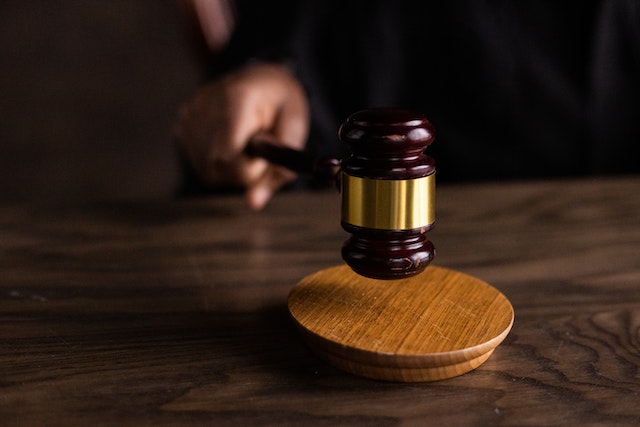Road safety is a paramount concern for societies worldwide, and the legal system plays a crucial role in establishing regulations and enforcing measures to protect motorists, pedestrians, and cyclists. The intersection of law and road safety aims to reduce accidents, injuries, and fatalities on highways through comprehensive legislation and effective enforcement. Let’s explore the importance of road safety and discover cars, examining the legal framework that governs traffic regulations, enforcement mechanisms, and the role of legal interventions in promoting safer roadways.
Traffic Laws and Regulations

The foundation of road safety lies in traffic laws and regulations. These laws establish guidelines for speed limits, traffic signs, right of way, and other critical aspects of safe road usage.
Legislative bodies, in collaboration with transportation authorities, continuously update and refine traffic laws to address emerging challenges and adapt to changing road conditions. Compliance with these laws is essential for ensuring the safety of all road users.
Licensing and Vehicle Registration
Licensing and vehicle registration systems are integral components of road safety. Governments enforce requirements for driver’s licenses, ensuring that individuals possess the necessary knowledge and skills to operate vehicles safely. Similarly, vehicle registration processes verify that vehicles meet certain safety standards, promoting the use of well-maintained and roadworthy vehicles on public roads.
Law Enforcement and Penalties
Effective enforcement mechanisms are vital for promoting compliance with road safety regulations. Law enforcement agencies play a pivotal role in monitoring traffic, identifying violations, and enforcing penalties for those who flout traffic laws.
This may involve issuing fines, suspending licenses, or imposing other penalties to deter dangerous driving behaviors. Strict enforcement sends a clear message that road safety is a serious matter and encourages responsible driving practices.
Road safety is a multidimensional issue that requires a comprehensive legal framework to safeguard lives and promote responsible behavior on the roads. Through traffic laws, licensing and registration requirements, effective law enforcement, liability regulations, and education initiatives, the legal system acts as a crucial pillar for fostering safer highways.
By continuously evolving and prioritizing road safety within the realm of law, societies can work towards reducing accidents and creating an environment where all road users can travel with confidence and peace of mind.












